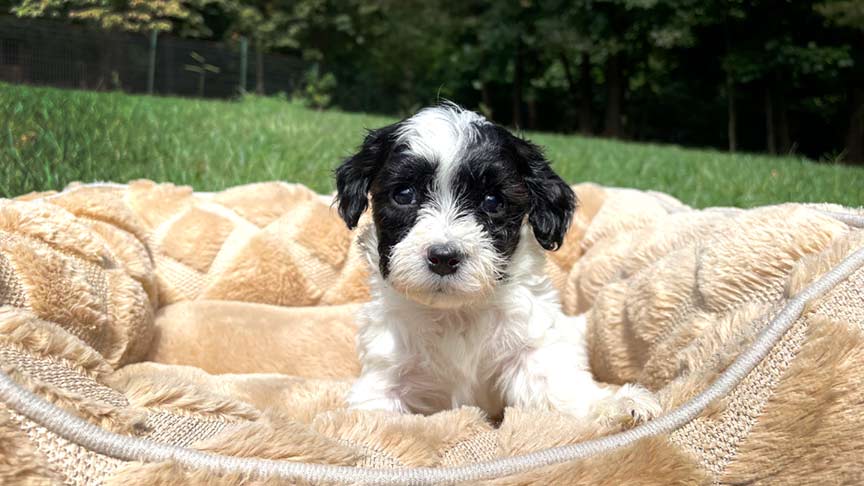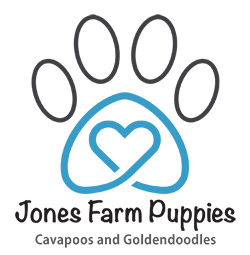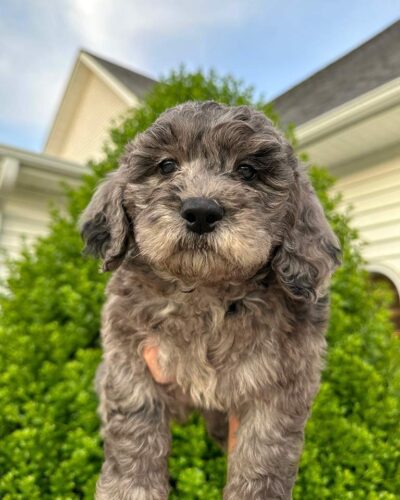
Safeguarding Your Canine Companion: A Guide to Harmful Foods and Household Hazards
As responsible dog owners, our primary concern is the well-being of our four-legged friends. Understanding what can harm our pets is crucial for creating a safe environment. This guide outlines common foods and household items that pose risks to dogs, helping you protect your furry family member.
Dangerous Edibles for Dogs
Many everyday foods that are harmless to humans can be toxic to dogs. Be aware of these potential hazards:
1. Cocoa Products: The theobromine in chocolate can cause severe reactions.
2. Vine Fruits: Grapes and raisins may lead to kidney issues.
3. Alliums: Onions, garlic, and related plants can damage canine blood cells.
4. Tropical Fruits: Some, like avocados, contain substances dogs can’t tolerate well.
5. Fermented Beverages: Even small amounts of alcohol can be dangerous.
6. Stimulants: Coffee and other caffeinated drinks can harm dogs.
7. Artificial Sweeteners: Certain sugar substitutes are toxic to canines.
8. Exotic Nuts: Some varieties, including macadamias, can cause adverse reactions.
9. Uncooked Bread: Rising dough can expand dangerously in a dog’s stomach.
10. Rich Foods: Items high in fat may trigger digestive problems.
 Household Dangers for Dogs
Household Dangers for Dogs
Beyond food, many common household items can pose risks:
1. Household Cleaners: Many contain chemicals harmful if ingested.
2. Human Pharmaceuticals: Both prescription and over-the-counter drugs can be dangerous.
3. Pest Control Products: Substances designed to eliminate rodents are highly toxic to dogs.
4. Car Maintenance Fluids: Coolants and similar products often contain poisonous ingredients.
5. Garden Chemicals: Fertilizers and weed killers can be harmful if consumed.
6. Power Sources: Chewed batteries can cause internal injuries.
7. Indoor Greenery: Certain houseplants are toxic if eaten by dogs.
8. Aromatherapy Products: Some essential oils can be dangerous for canines.
9. Small Items: Tiny objects pose choking hazards or can cause internal blockages.
10. Waste Receptacles: Garbage bins often contain a mix of harmful substances.
Creating a Dog-Safe Home
To ensure your dog’s safety, consider these precautionary measures:
* Secure Storage: Keep harmful items in inaccessible places.
* Quick Clean-up: Address spills and messes promptly to prevent accidental ingestion.
* Constant Vigilance: Keep a close eye on your dog, especially in unfamiliar environments.
* Family Awareness: Ensure all household members understand potential dangers.
By implementing these safety measures, you can significantly reduce risks to your canine companion. Remember, if you suspect your dog has ingested something harmful, contact your veterinarian immediately. With proper precautions, you can create a safe, loving home for your furry friend to thrive in.

 Household Dangers for Dogs
Household Dangers for Dogs